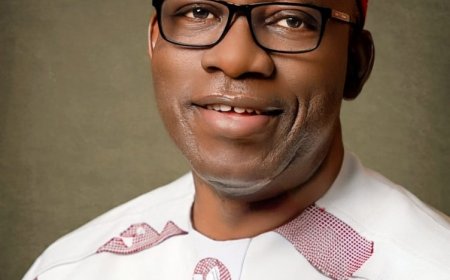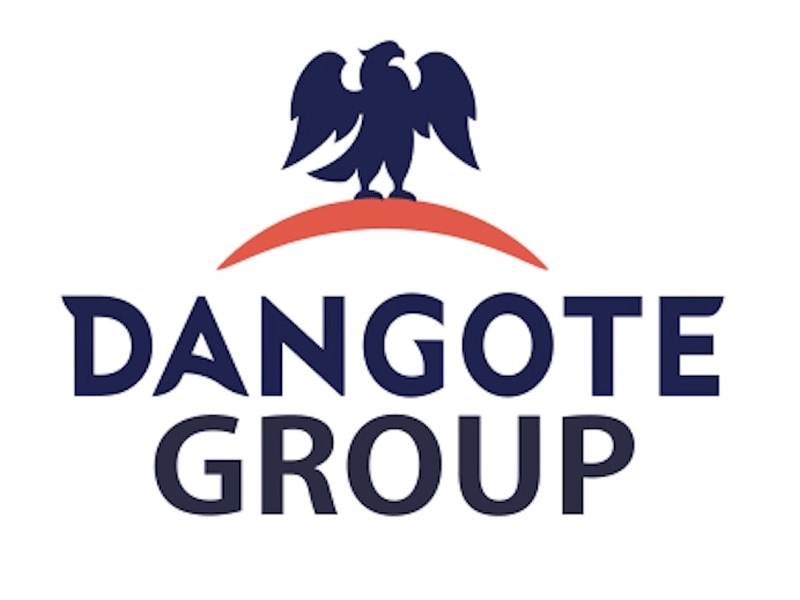Fueling a New Economy: How Private Capital is Driving Nigeria's Startup Boom
Fueling a New Economy: How Private Capital is Driving Nigeria's Startup Boom

Private Equity (PE) and Venture Capital (VC) have profoundly reshaped Nigeria's economic landscape, transforming the startup ecosystem into a powerhouse of innovation and growth. With over $1 billion in startup funding secured annually, private capital is filling critical financing gaps, enabling early-stage enterprises and small businesses to scale, compete, and accelerate innovation.
A recent report by Rome Business School Nigeria highlights this seismic shift, noting that Nigeria currently leads Africa in VC deal volumes. In 2024 alone, the country attracted approximately $1.18 billion in startup funding, accounting for nearly a third of the continent's total VC investments. This surge was powered by massive deals, including Moniepoint’s $110 million and Moove Africa’s $100 million funding rounds.
Nigeria’s dominance in private capital is clear: between 2020 and 2024, the country secured 404 private capital transactions totaling US$3 billion. This staggering figure represents 66% of West Africa's deal volume and 52% of its deal value.
The primary beneficiary of this capital influx is the technology sector, which has absorbed a remarkable 82% of all venture capital activity amounting to US$2.7 billion over the five-year period. Fintech remains a favorite, but the capital is also spreading, with HealthTech and AgriTech showing increasing traction. The success of homegrown giants like Flutterwave, Paystack, Andela, Opay, and Kuda demonstrates the immense potential investors see in Nigeria's digital future.
Beyond mere capital, PE and VC firms inject vital resources into these enterprises, including strategic mentoring, operational advice, and crucial market access, which promotes sustainable, long-term business expansion. This strategic guidance is highly valued, as investors prioritize companies with clear control systems, scalable business models, and strong leadership.
Despite its impressive growth, Nigeria's private capital landscape is not without challenges. The report identifies several structural and economic constraints that continue to deter international investors who value stability and predictability:
Foreign Exchange Volatility: Currency swings and the depreciation of the naira create uncertainty and complicate the repatriation of capital.
Regulatory Uncertainty: Inconsistencies in policies related to taxation and foreign investment flows pose significant hurdles.
High Operating Costs: Poor infrastructure, particularly the need for an estimated $3 trillion in infrastructure spending over 30 years, forces businesses to rely heavily on expensive alternatives like diesel generators. Energy costs alone can account for up to 40% of business spending in some industries.
Insecurity:The persistent challenge of terrorism, banditry, and kidnappings further destabilizes the economic environment.
The impact of these challenges was evident in 2023, which saw a 26.7% decline in Foreign Direct Investment (FDI) and a moderate year-on-year drop in VC deal volume in 2024, despite the total capital improving.
Nevertheless, the future outlook for private equity and venture capital in Nigeria remains one of sustained, transformative growth. This optimism is driven by several key macroeconomic factors:
1. Economic Diversification: A consistent government commitment to moving away from oil dependence is opening up new, attractive investment opportunities in non-oil sectors like manufacturing and agriculture.
2. Demographic Strength: Nigeria's burgeoning youth population and massive informal sector create an expanding market ripe for digital disruption.
3. Digital Penetration: The surge in smartphone access, high internet usage (topping 45%), and government support for cashless policies have rapidly advanced the digital economy.
The increasing role of Nigerian pension funds, which committed over ₦22 trillion (about $13 billion) to private equity investments in October 2024, further solidifies the long-term appeal of the nation's market. By focusing on creating robust organizational systems, transparency, and high growth potential, Nigeria’s startups are positioned to continue attracting the capital necessary to lead Africa's digital revolution.
What's Your Reaction?














































 The Chairman and Chief Executive Officer of Adron Homes and Properties Limited, Aare Adetola Emmanuelking, has congratulated the Government and people of Oyo State as the state marks its 50th anniversary, describing the occasion as a celebration of resilience, cultural pride, and sustained progress.
The Chairman and Chief Executive Officer of Adron Homes and Properties Limited, Aare Adetola Emmanuelking, has congratulated the Government and people of Oyo State as the state marks its 50th anniversary, describing the occasion as a celebration of resilience, cultural pride, and sustained progress.



